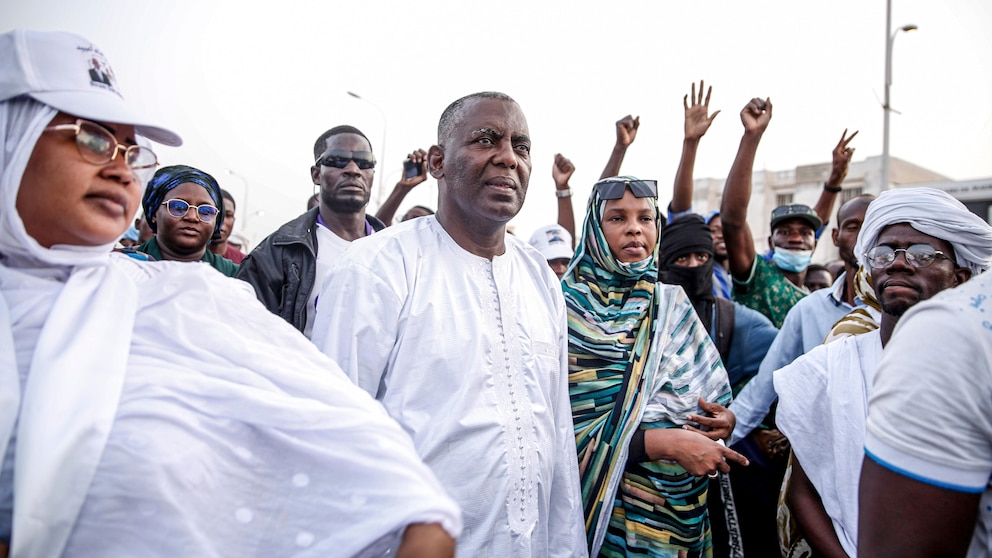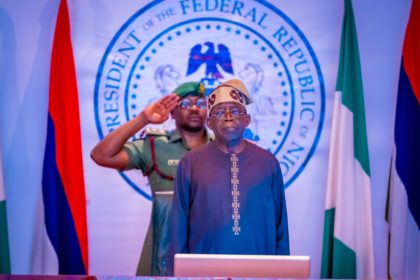Kaedi, Mauritania – In the wake of a fiercely contested presidential election, violent clashes between security forces and protesters erupted across Mauritania, resulting in the deaths of three individuals and numerous injuries. The unrest unfolded late Monday after incumbent President Mohamed Ould Ghazouani was declared the winner of the presidential race, a result vehemently disputed by his main rival, Biram Dah Abeid.
Abeid, an influential anti-slavery activist, immediately rejected the election outcome, alleging widespread electoral fraud. This sparked widespread demonstrations, particularly in opposition strongholds such as Kaedi, a city in the southern region of the country known for its overwhelming Black majority and fervent opposition to Ghazouani’s administration.
In response to the escalating violence, authorities blocked mobile internet access nationwide on Tuesday, a move intended to curb the organization and spread of further protests. The government has pledged to apprehend those responsible for the violence, which included acts of vandalism, looting, and sabotage of both public and private property.
“Kaedi last night saw violent acts of vandalism and sabotage of public and private property, scenes of looting, and a general climate of fear which led the security forces to confront it and arrest several demonstrators,” the Ministry of the Interior stated. The ministry did not disclose the identities of the deceased or provide details regarding the circumstances of their deaths.
Similar demonstrations erupted in the towns of Nouadhibou, Rosso, Zoueirat, and Boghe, all of which are known to be Abeid strongholds. Security forces in these areas have also made several arrests as tensions continue to simmer.
President Ghazouani, who secured 56% of the vote according to the electoral commission, campaigned on promises of enhancing security and fostering economic growth. In contrast, Abeid, who garnered 22% of the vote, has called for “peaceful demonstrations and peaceful gatherings” in response to the election results.
The electoral commission, which includes representatives from various political parties, has dismissed opposition claims of voting irregularities. Three international election observation missions have earlier reported that the voting process was conducted in a “peaceful and transparent atmosphere.”
Despite these assurances, the immediate aftermath of the election has plunged Mauritania into turmoil, with the potential for further unrest looming. As the country grapples with this political crisis, the prosecutor’s office has announced an investigation to uncover the exact circumstances surrounding the deaths of the demonstrators and the broader outbreak of violence.
In the coming days, the world will be watching closely as Mauritania navigates this turbulent period, seeking a path to stability and reconciliation amidst deep-seated political divisions.




